Rowley: There's a vacuum in the education system
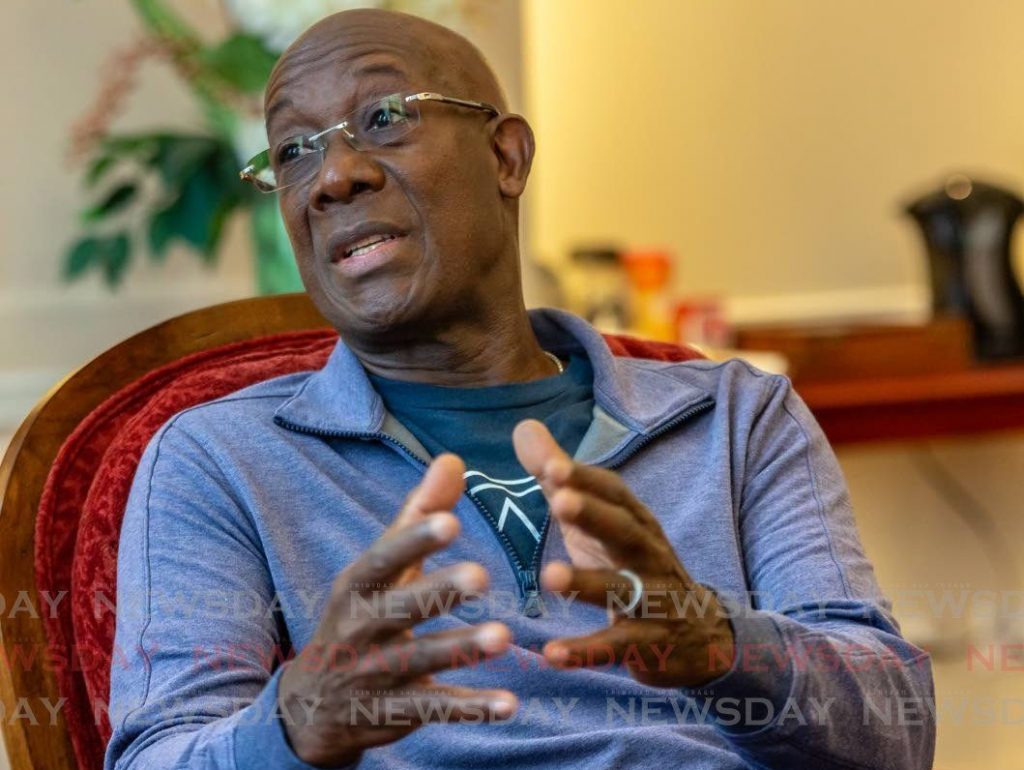
Part 1 of this conversation was carried in the December 19 edition of Newsday
Life is full of ups and downs and there are bound to be failures.
“If someone tells me that they’ve never had any failure in life, I would say they haven’t been living. Success is not an everyday thing. It’s not an overnight thing in many instances. Sometimes you don’t even know until it happens after you look back on it, what really has happened and how well it positioned you,” the Prime Minister told Newsday at the Diplomatic Centre, St Ann’s, where he gave his views on life, the education system, TT digitisation and cultural preservation.
He said his first big failure dictated his career. “I really wanted to be a writer, a journalist. When I wrote O-Levels, I thought I was good. I thought I did good work in literature, but I got a grade just slightly above fail. I got an E, and to this day I think there was a mistake in my paper.”
That failure scared him away from writing and he turned to the sciences, where he found his career.
“I discovered I loved being a geologist, and I particularly was excited in being a volcanologist, so I moved from what I thought was my real career – writing – to climbing volcanoes.” He said failure ought not to be permanent and what matters most what a person learns from it.
Dr Rowley was among the first cohort of primary school students to sit the Common Entrance – the predecessor to the Secondary Entrance Assessment (SEA) – in 1961.
“Primary education in the 50s and 60s, I think provided more because children stayed longer in the primary school system – they were there until they were 16 or 17. Nowadays we rush children through the primary school system to get to secondary school, many of them unready, and the full benefit of a sound primary school education is not had by many.”
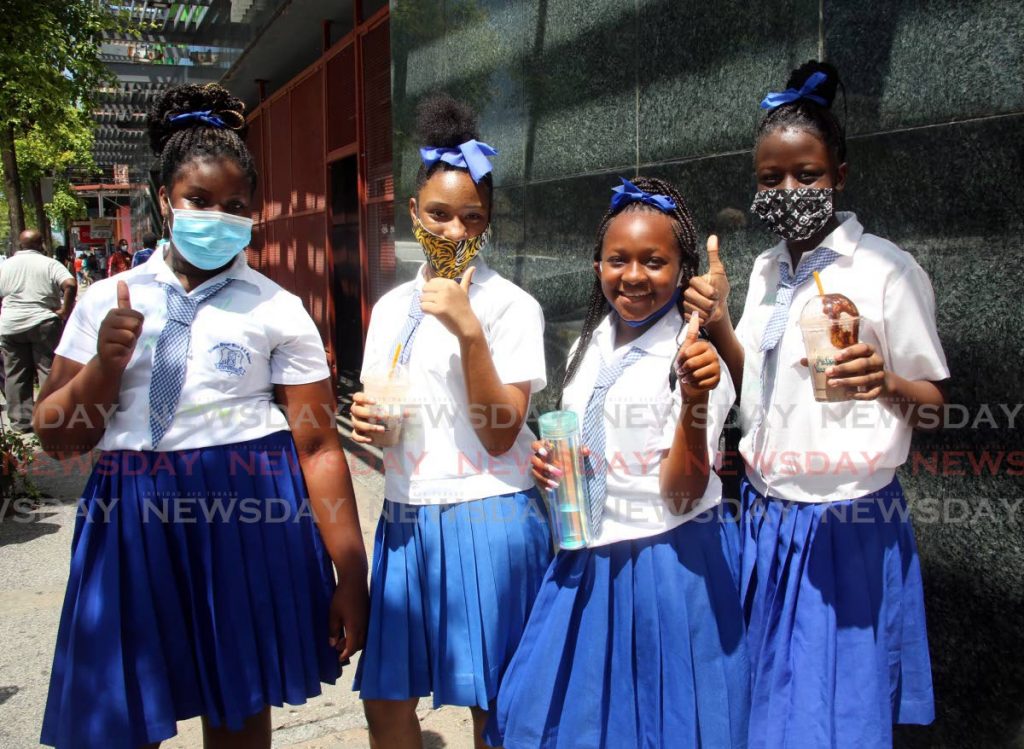
In colonial times, many people only had primary school education, after which some learned a trade while the affluent few who could afford it went on to secondary school. Not every student was expected to go to secondary school. The College Exhibition exam determined whether a student got a scholarship to secondary school.
Rowley was raised by his grandparents Emeline and Joseph Rowley. His mother, Agatha “Vassie” Rowley, left him in Tobago to work in Trinidad as a cook. His grandparents only had primary school education.
“I remember being in primary school and my teacher put something on the board. It was quite stimulating. Questioning the class, I was able to answer it. My teacher was surprised and asked me where did I learn that? I learned it from my grandmother, who was just using it in common conversation. All they had was primary education. It was a sound primary education…
“Frankly, I think in our education system, we lost things of value which have not been replaced and there’s a huge vacuum. On one side, as we dismissed colonialism, in some instances we threw out some babies with the bathwater and it shows up in our literature.”
Rowley believes the foundation in primary education colonial people had was higher in quality than what exists now.
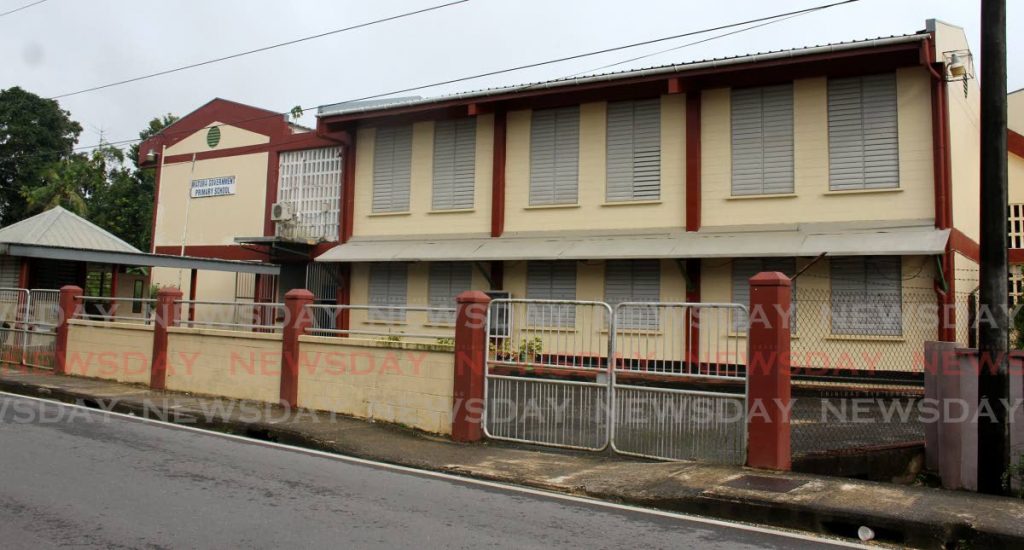
“Maybe it is the hustle to get children in secondary school, and in the earlier time, it was acknowledged that all education you will get, the average person, was primary school education, so it was chock full of what was available.”
He said the drop in quality is shown when people cannot handle basics such as comprehension and sentence construction. However, SEA, he said, has a purpose.
“SEA does not exist for its own benefit. It’s a system to move you to a secondary education, and the question I think one has to ask is whether education should really be primary, secondary or tertiary or should it be a small gradation of learning."
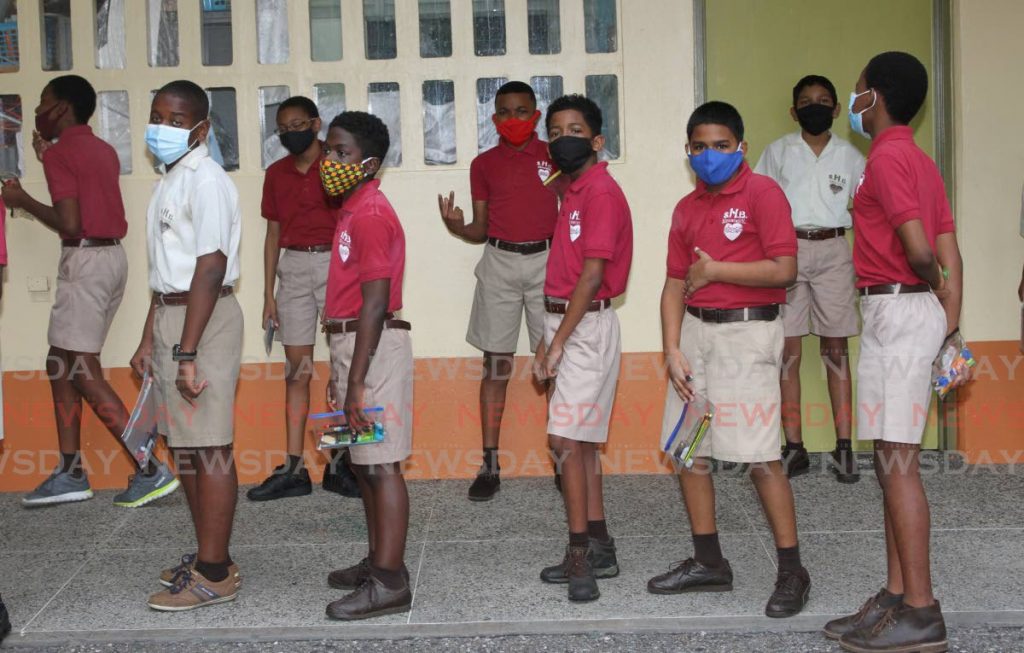
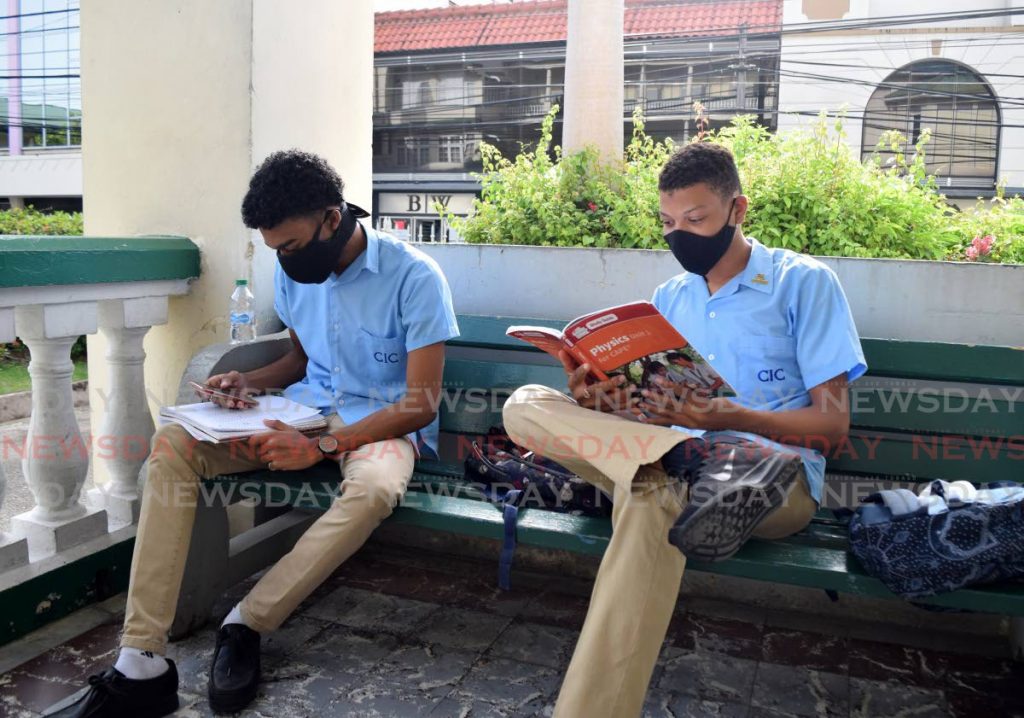
The Ministry of Education held a month-long consultation on education reform asking the public to suggest changes in pedagogy. Rowley said he encouraged everyone to have their say because there are a “huge range of options” to address, including the deficiencies in primary school.
“I don’t think we can get away from the fact that we might not be educating as much as we would like to.”
While more people are being certified than ever before, Rowley does not believe the certificates are reflecting whether someone had a well-rounded education.
“Being able to read and understand, I don’t know if certificates now guarantee that. An ability to read is a requirement for a certain kind of development and understanding what you’ve read, living it and being able to continuously learn.
"I think those were the things that the old system was making…During colonial time, at least we were getting that – they were miseducating us at the same time too, eh.”
While the Ministry of Education deals with schools, the Ministry of Youth Development and National Service provides training opportunities and career guidance for young people in areas such as agriculture, arts, science and more.

“Our young people are not a monolithic block. They come in all different kinds of folds and fashions and they have different interests, and they will turn out to have different vocational and educational experiences.
“The youth development is anything that can develop youth. If you don’t have the opportunities for their development then they could easily go astray into other areas which are counterproductive.”
Youthful people can be under 35, but if they have more responsibilities, Rowley says they get bumped out of the youth category.
“If you are in your early 30s and have your first apartment or first home, probably not married, don’t have any responsibilities, you’re very much in that category. If they married earlier and they take on responsibility, they are in a different category.”
The Ministry of Youth and National Service is headed by Fitzgerald Hinds, 64. When asked if Hinds was an age-appropriate fit to lead that ministry, he said: “Who is the automatic person? Some children have older parents. Is it that you say some parents can’t tell you what the proper guidance is to develop well?”
He knows a lot of older people who raise young children, and they were successful with their own family.
“That’s as foundational as you could get. Parents are the first and most responsible in the development, and I would not agree that a parent who is on the older side of 35 can’t become a parent.”
Because he grew up with his grandparents, he said older parents tend to be more discerning and concerned about the outcome of their children than young people who could be "cavalier."
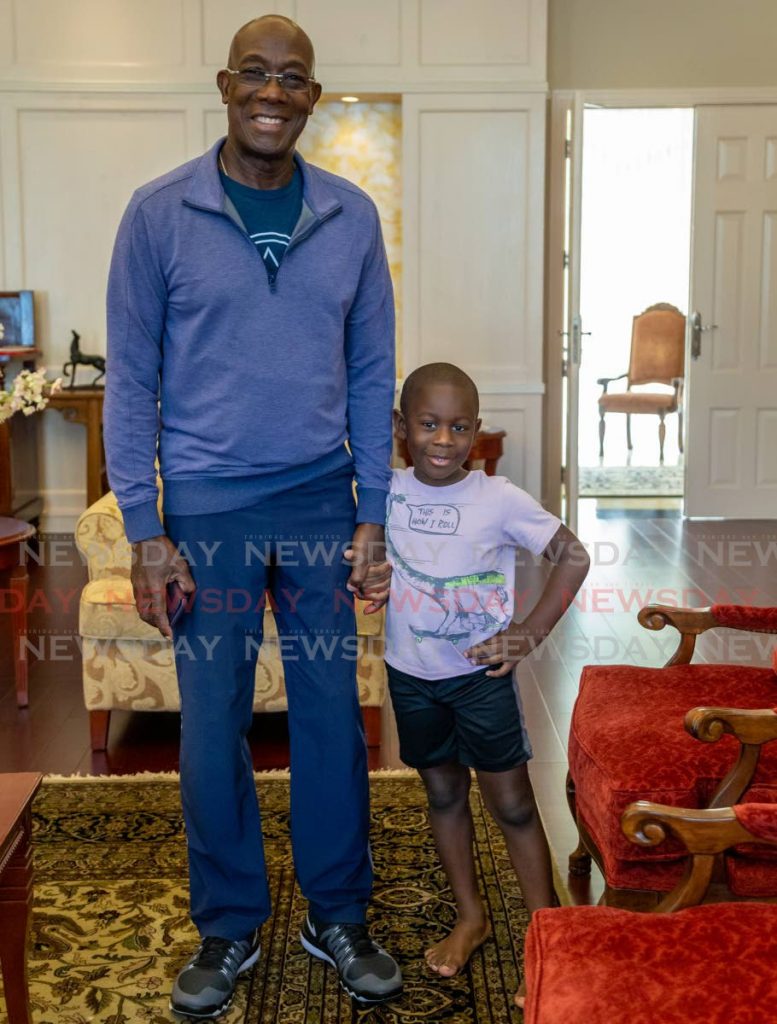
The Ministry of Youth and National Service comes up with programmes, one of which is national service – a voluntary government service typically in the military.
“It’s not a compulsory thing, but it’s a programme where young people who have the time, inclination and encouragement to take part in certain kinds of activities that can contribute to their future development, or a pathway to certain developments, it’s very programme oriented.”
Programmes from the ministry, Rowley said, help young people who have made mistakes in their schooling find a meaningful career. They could become seamstresses, artists or a teacher rather than letting their life go off the rails.
For example, if a young person failed school but wants to become a teacher, Rowley said that ministry can provide courses for them to complete their education so they can enter teachers’ college.
“One such person may turn out to be the most fantastic teacher. As against another person who may have gotten quality certification down, want a job, get the job but not interested in the students. That’s what a youth development programme does.”
In the final part of this series, Dr Rowley discusses the digitisation of the public service. Read more in tomorrow's Newsday.

Comments
"Rowley: There’s a vacuum in the education system"